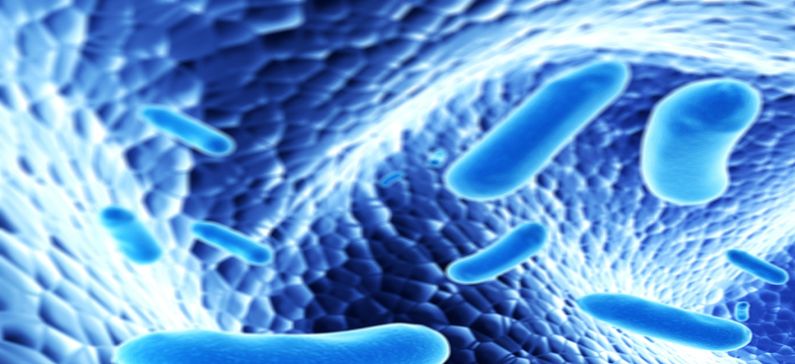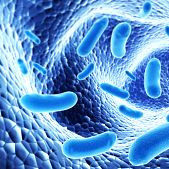
Study finds probiotics control hepatocellular carcinoma
The health benefits or not of probiotics such as in yoghurts is the subject of a paper published in the journal PNAS, with the authors, among them a Greek researcher, reporting that, in their mouse model, a probiotic mixture reduced growth and size of liver tumours, which they suggest could be due to a reduction in certain immune cells.
Medical research over the last decade has revealed the effects of the gut microbiome across a range of health markers including inflammation, immune response, metabolic function and weight. There is a corresponding interest in priobiotics as a therapeutic approach to the many illnesses affected by gut flora.
Gianni Panagiotou is an Associate Professor at the Hong Kong University. He is the leading researcher in the Systems biology and bioinformatics group of the University. The group focuses on developing experimental-computational approaches for the analysis of large data sets from global measurement technologies and their integration.
Previous studies have demonstrated the beneficial role of probiotics in reducing gastrointestinal inflammation and preventing colorectal cancer, but a new study published in the Proceedings of the National Academy of Sciences explored their immunomodulatory effects on extraintestinal tumors: specifically, in hepatocellular carcinoma (HCC).
HCC is the most common type of liver cancer, and though it is relatively uncommon in the United States, it’s the second-most deadly type of cancer worldwide and is particularly prevalent in regions with high rates of hepatitis. Because low-grade tumors are difficult to detect, and high-grade tumors have poor prognosis, medical researchers are interested in alternative and complementary therapeutic approaches to improve mortality rates.
The researchers designed a study in a mouse model of HCC that quantified the immunological effects of a novel probiotic formulation called Prohep. They fed the mice Prohep for a week prior to tumor inoculation, and they observed a 40 percent reduction of tumor weight and size compared with control animals. Further, they established that the beneficial effects of the probiotics were closely related to the abundance of beneficial bacteria promoted by Prohep. These bacteria produce anti-inflammatory metabolites, which regulated pro-inflammatory immune cell populations via crosstalk between the gut and the liver tumor.
Among their findings, the researchers report that the probiotics reduced liver tumor growth by inhibiting angiogenesis, the process by which the body generates new blood vessels from existing ones, which is essential for tumor growth. They found significantly raised levels of hypoxic GLUT-1+, indicating that tumor reductions were due to hypoxia caused by reduced blood flow. Further, the tumors in the treated mice had 52 percent lower blood vessel area and 54 percent fewer vessel sprouts than the untreated mice.
They also determined that Prohep treatment down-regulated IL-17, a pro-inflammatory angiogenic factor. Because HCC is a highly vascularized tumor, the cancer is generally associated with high levels of IL-17 and an immune T-cell called T helper 17 (Th17), which is transported from the gut to HCC tumors via circulation. The researchers believe that reduced Th17 in tumor cells impedes the inflammation and angiogenesis and limits tumor growth.
It’s not surprising that they also found that probiotics increased the anti-inflammatory bacteria and metabolites present in the guts of treated mice. They conclude that Prohep intake has the capability of inhibiting tumor progression by modulating the gut microbiota.










